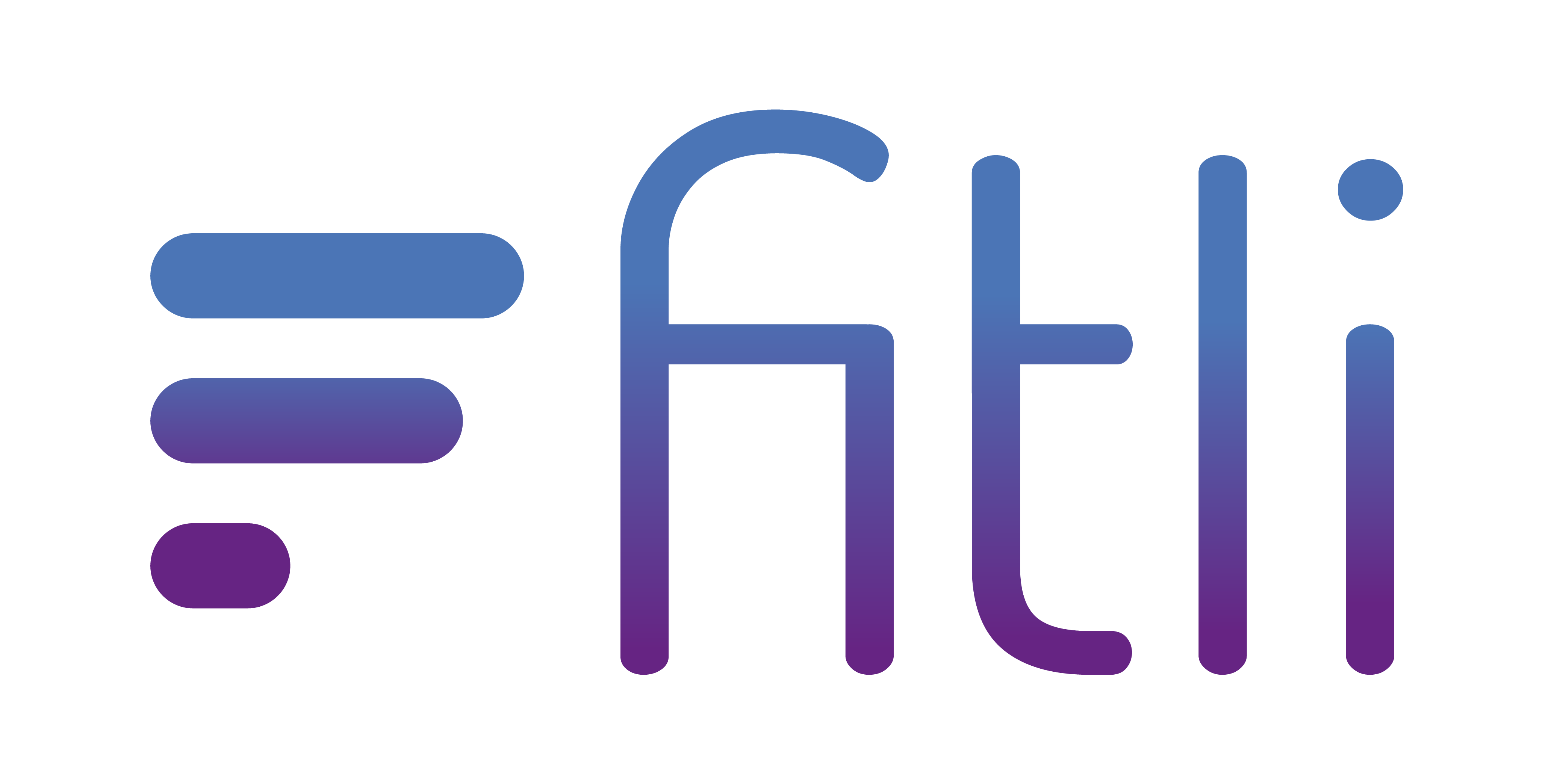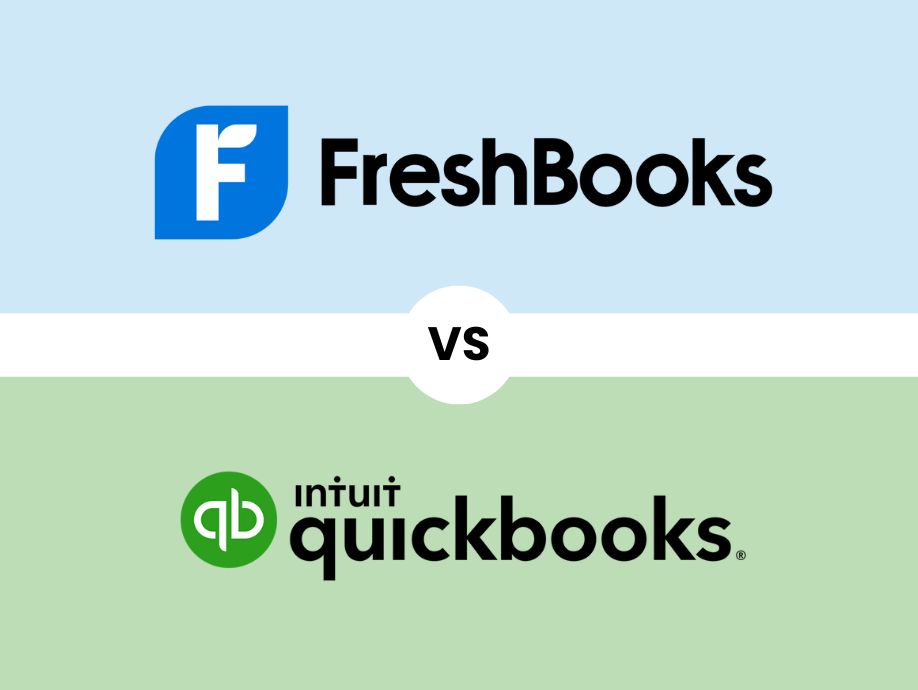Small business owners have a lot of things they worry about, as opposed to large business owners. It’s a lot of different things like the amount of money coming into the business, earning enough to keep the business afloat, reinvesting into the business, having to pay your employees enough to keep them satisfied, and the list goes on. But when it comes to accounting, FreshBooks vs QuickBooks is a big conundrum.
Accounting is a huge headache that most small fitness business owners despise. What if they can’t afford an accountant but also don’t have a head for numbers? Well, that’s where accounting software like FreshBooks or QuickBooks comes in. They handle all the accounting help the business requires like tracking the money going in and out of the business and keeping books in order.
FreshBooks and QuickBooks are two of the most popular accounting software for small businesses. They’re both considered excellent accounting software and since different types of businesses have different accounting needs, both serve their own purpose.
But one still might wonder, which is better QuickBooks or FreshBooks? Check out our comparison of FreshBooks vs QuickBooks to see which accounting software is suitable for you depending on your business needs and budget. We shall cover:





